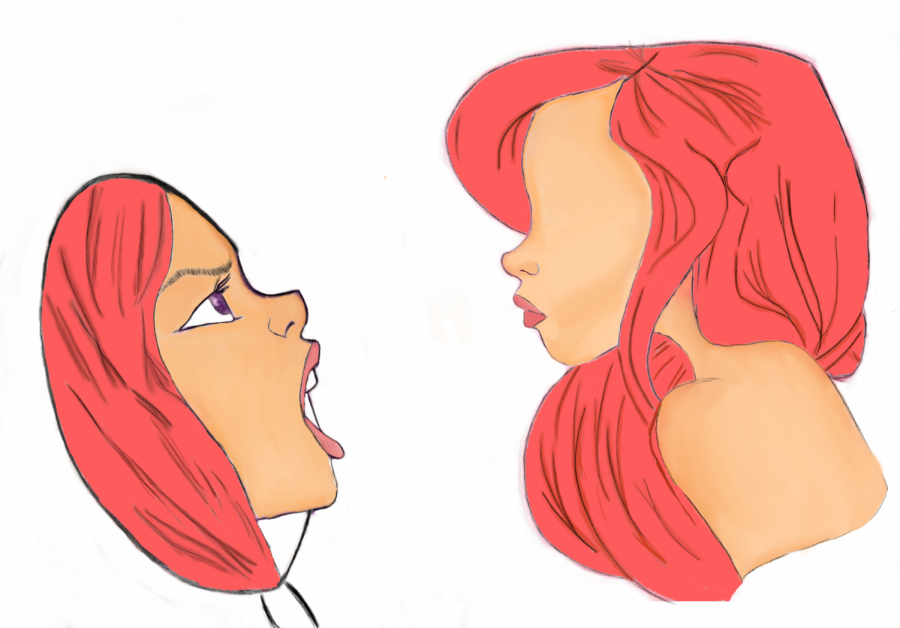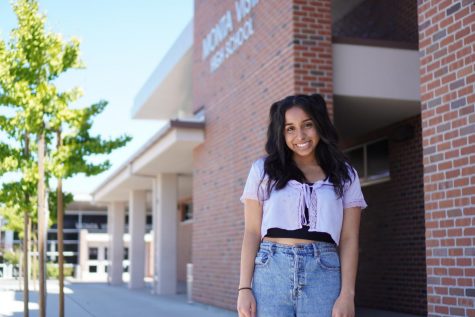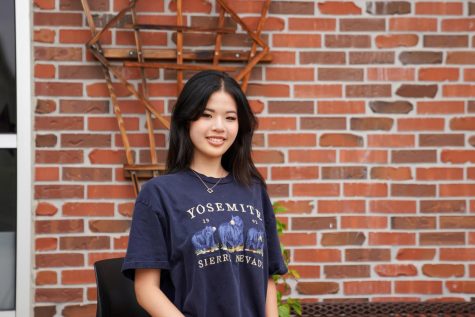Girls Supporting Girls
Examining how TikTok pushes a misogynistic mentality
November 7, 2020
On Sept. 27, social media influencer and TikToker Cynthia Parker celebrated her 16th birthday by posting a TikTok. Despite the special occasion, Parker’s TikTok comment section was flooded by negativity. There was criticism about her appearance, with people saying she looked much older than 16 and poking fun at her lip fillers and eyelashes. As users flooded her comments with “Happy 30th!” and other similar remarks, Parker eventually disabled the comments.
TikTok is a platform that has made powerful strides in educating Generation Z to be more self-aware and less ignorant. In order to combat internalized misogyny and sexism, the catchphrase “girls supporting girls” became a trending mindset amongst the users in the app to encourage women, especially younger ones, to uplift one another and their content.
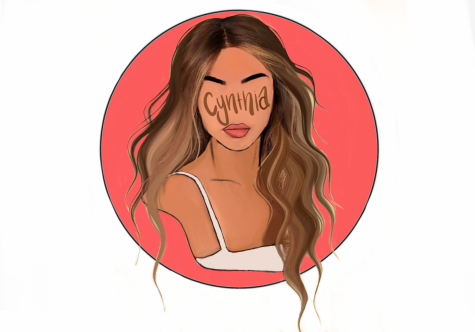 However, as seen in the Cynthia Parker example, the idea of “girls supporting girls” doesn’t seem to apply to every girl on the app. The movement simply seems to be a facade to make us look accepting when in reality, we aren’t there yet.
However, as seen in the Cynthia Parker example, the idea of “girls supporting girls” doesn’t seem to apply to every girl on the app. The movement simply seems to be a facade to make us look accepting when in reality, we aren’t there yet.
If the platform claims to uplift one another, it can’t be selective love. There needs to be support for women regardless of whether or not they fit the ideal standard set by TikTok.
Some creators are supported and uplifted by their fanbase, such as 16-year-old Charli D’amelio. Currently amassing the highest amount of followers on TikTok, with almost 94 million followers, D’amelio has been warmly accepted by the TikTok community and is consistently supported regardless of how she looks on a particular day. Contrasting the overwhelming amount of hate comments on Parker’s page, D’amelio’s comment sections are mostly flooded with praise and encouragement when she films the exact same TikTok as Parker. Thus, she experiences a phenomenon that has been labeled the “D’amelio Privilege.”
This goes to show that the concept “girls supporting girls” is indeed selective. There is a huge gap of how both girls are treated because one fits a certain standard. Although the Cynthia Parker incident is excused as being a joke and insignificant, the people who made fun of her seem unaware of how rude and demeaning of how their comments were to a young girl. It’s also clear that Parker’s comment sections are more focused on the creator’s body and face rather than her content, unlike D’amelio’s.
Moving beyond these hurtful actions’ emotional impact, this behavior highlights a deeper-rooted issue in our society: internalized misogyny. Despite being conditioned to always uplift and support others, internalized misogyny exists among us, whether or not we are conscious of it. Everyone has a preconceived notion of how a girl should act and look and people act accordingly. If someone doesn’t fit the standards of being “likeable,” people can use all types of excuses to justify their contempt and behavior, while supporting and defending people they personally love.
Some make the argument that receiving hate is a common experience that every creator has faced, and if an individual is willing to put themselves out on social media, they should be ready to accept that. Just because hate is normalized on the internet, doesn’t make it more acceptable.
It’s not reasonable to request anyone to simply get over the harsh comments, let alone 16-year-olds who are getting attacked on something they can’t control. In addition to that, posting on social media is such an integral part of Gen Z culture, so it cannot be expected for others to simply not have the desire to post.
Furthermore, it is wrong to blame a creator for expressing herself on a platform meant to be for her. It’s so much easier to attack others’ insecurities when the commenter has the luxury of hiding behind a screen.
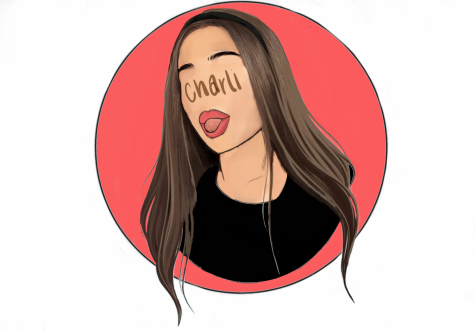 There should be no exception among MVHS students, as many of us use TikTok on a daily basis. It’s important to be mindful of the toxicity within the app and ensure that we all take a stand and combat the negativity present on the app. Starting from our own actions, we can ensure that it doesn’t spread among students and impact their mental health.
There should be no exception among MVHS students, as many of us use TikTok on a daily basis. It’s important to be mindful of the toxicity within the app and ensure that we all take a stand and combat the negativity present on the app. Starting from our own actions, we can ensure that it doesn’t spread among students and impact their mental health.
Some actions to take could include blocking or reporting any users who use TikTok to tear others down. Start using the comment section to influence the algorithm by creating positive feedback loops. Encourage influencers who promote body positivity and shine light on taboo features that are looked down on like stretch marks and not having thigh gaps. By interacting with this type of content we can influence the algorithm and spread awareness.
The purpose of the “girls supporting girls”movement is to empower and remove the stigma around internalized misogyny by openly talking about and educating ourselves. However, when the movement turns into girls supporting some girls instead of all of them, it has the opposite effect and perpetuates misogyny by spreading the idea that only girls who fit a certain standard are worthy of support. We need to understand that people can grow and we must start viewing creators as people, instead of an outlet of hatred and insecurities. We should put aside the unrealistic beauty standards, the toxicity, the selective validation, and support everyone for who they are.


